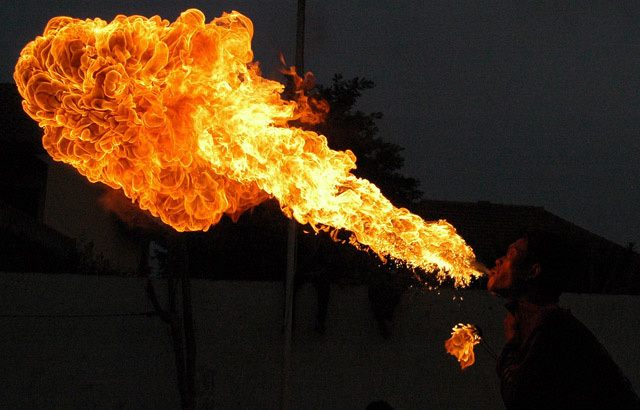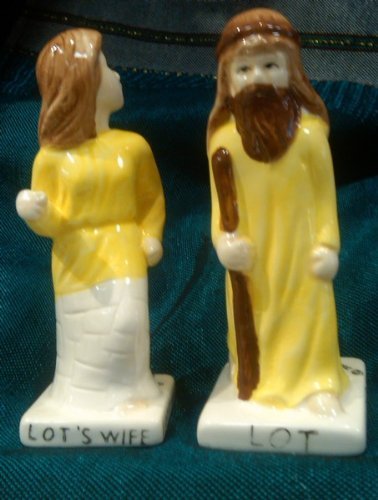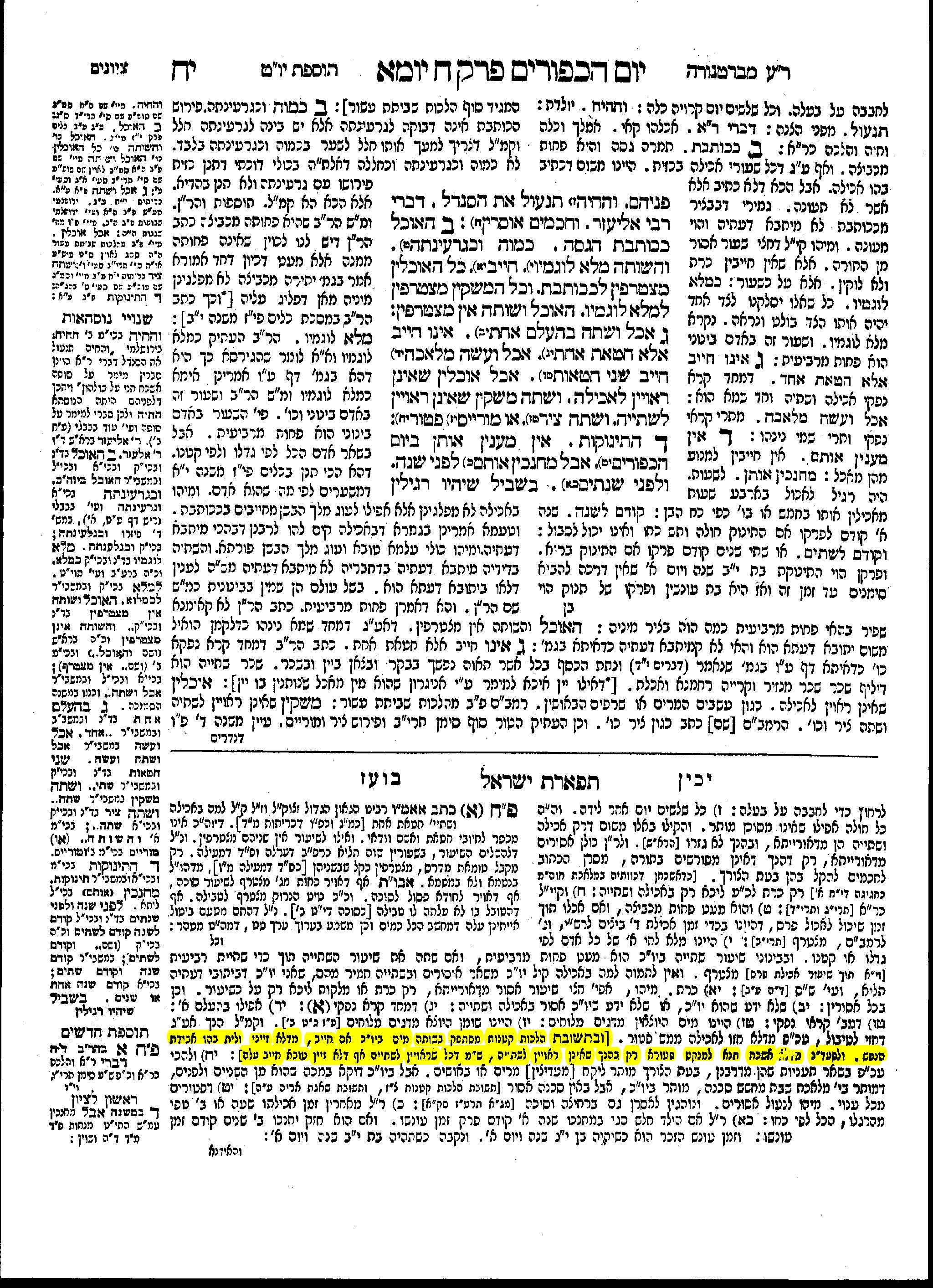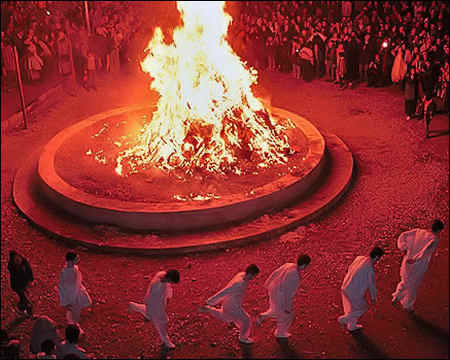BS”D
Beitza 39b
1- The Mishnah discusses the Techum limitation of water drawn from the wells:
A- Private wells. – If the owner draws water from his own well, the water assumes his Techum.
B Communal wells. – A city dweller that draws water from this well, the water assumes the Techum to where all the city dwellers can go to.

C- Wells that were dug by “the people who came back from Bavel”. Water drawn is limited to the Techum of the one that draws it. Once the water is drawn, it locks in his Techum. If he gives the water to another, the Techum remains as it was.
2- The Gemara discusses the status of water drawn from a well that was dug by the people who came back from Bavel by one person on behalf of another.
R’ Nachman and R’ Sheishes disagree about the status of water drawn by one person for another.
According to R’ Nachman the water is limited to the Techum of the person for whom the water is drawn whereas according to R’ Sheishes it is limited to the techum of the one who drew the water.
The Gemara explains that the point of dispute is whether the water in these wells is owner less הפקר or collectively owned by all Jews שותפות.
3- The Gemara introduces the idea of ‘a vow not allowing another person to have הנאה from your assets’.
We discussed the story written in the Mishna in נדרים.
In short: This fellow made a vow that his father should not derive any benefit from him. Now he wanted to invite his father to his own son’s wedding. So he ‘gave away’ the wedding food to his friend so that his father would be able to attend and eat.
This friend, having ‘received’ the wedding food, was מקדיש the entire meal! So the son tells him ‘that’s not what I gave it to you for’!
So the Chachomim ruled that indeed, it seems that the entire ‘transaction’ was not done in good faith since it was just for the purpose of bypassing the vow and thus invalid.
Yankel Koralyzki asked a good question: When gifting an Esrog with מתנה על מנת להחזיר the receiver cannot be מקדיש it either. SO how is it considered a true gift and becomes לכם of the receiver.
The Ran and Tsofos in Nedorim ask and answer this question.
Here it is from Sefaria.
MISHNA: With regard to one who is prohibited by a vow from deriving benefit from another and he does not have anything to eat, the other may give the food to someone else as a gift and he is then permitted to eat it.
The mishna recounts: An incident occurred involving someone in the city of Beit Ḥoron whose father had vowed not to derive benefit from him, and the son was marrying off his own son and wanted his father to be able to participate in the wedding meal. And he therefore said to another: The courtyard where the wedding will take place and the wedding meal are given before you as a gift, but only so that my father will come and eat with us at the meal.
The recipient said: If they are mine, they are all hereby consecrated to Heaven, i.e., the Temple, and are forbidden to everyone. The son said to him in anger: And did I give you my property so that you should consecrate it to Heaven? He, the recipient, said to him: You gave me your property only so that you and your father would eat and drink and thereby appease each other, and the sin of transgressing the vow would be hung on his, i.e., my, head, as I enabled the transgression. The Sages therefore said: Any gift that is not so absolute so that if the recipient were to consecrate the gift it would be consecrated, is not a gift. In other words, in order for it to be a gift, the recipient must have the ability to consecrate it.
4- Since we were discussing the concept of a partnership in some communal wells, we spoke about the idea of a Société anonyme , LLC or a Corporation. That is a fairly new concept of ownership (late 1700’s) where an entity has partners but the real owner is the non-human company.
There are many opinions as to the Halachic status of these entities are they pertain to many שאלות
Is it considered an entity that owns some assets without real owners? Or is it basically a partnership but without liability from the shareholders? Or…perhaps since no-one owns it, Halachicly it is owner less!
The questions arising: A corporation having חמץ in their possession. Who owns that חמץ? If it’s the shareholders, owning shares in McDonald’s poses an issue.

What about banks? Can one pay them interest on a loan if some shareholders are יהודים? As a shareholder, can you collect interest?
See here, here for some opinions. Also here.
5- We spoke about lighting a cigarette from a candle that is in front of an עבודה זרה.

See Alter Rebbe here. 298, 8.











